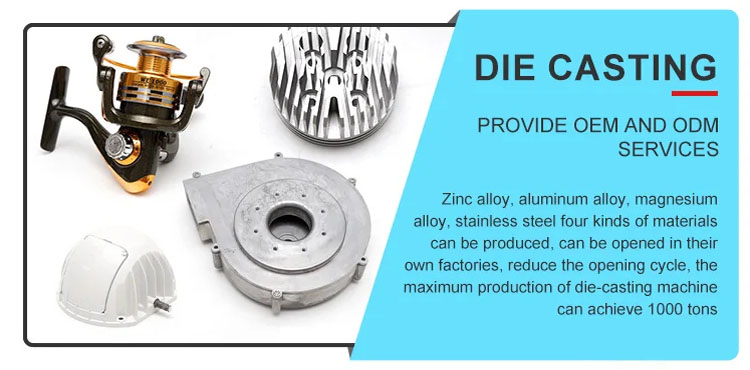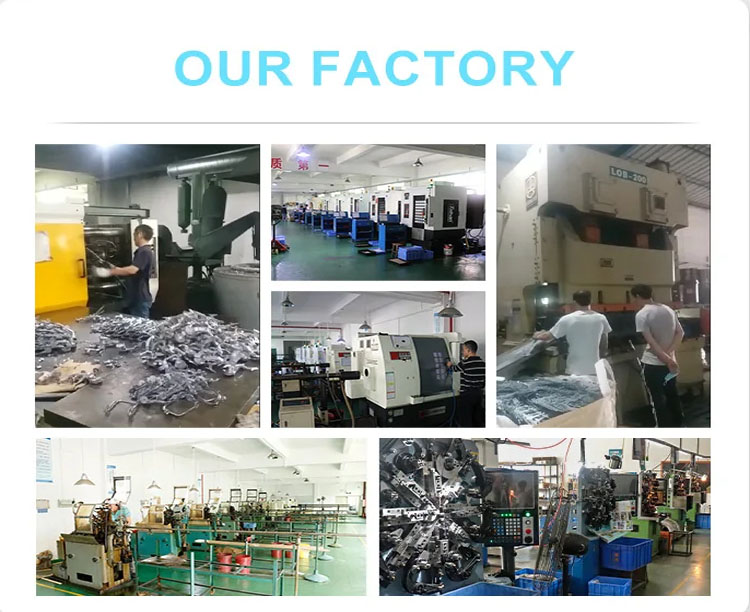

Die-casting, forming metal objects by injecting molten metal under pressure into dies, or molds. An early and important use of the technique was in the Mergenthaler Linotype machine (1884) to give line-long combinations of letters, but the appearance of the mass-production automobile assembly line gave die-casting its real impetus.Great precision is possible, and products range from tiny parts for sewing machines and automobile carburetors to aluminum engine-block castings.
The two major die-casting techniques differ only in how the molten metal is introduced: in the cold-chamber process, the metal is ladled into a chamber; a plunger impels the metal into the cold die cavity, in which it quickly hardens.
In the piston, or gooseneck, process the plunger and its cylinder are submerged in the molten metal, the metal being admitted through a hole in the top of the cylinder when the plunger isretracted; the advance of the plunger forces the metal into the die cavity as before. The die core is in position in the die cavity when the metal enters and fills the space around it; as soon as the metal hardens, the die core is retracted. The die is then opened, and the finished casting is ejected.
Contact: StaroCasting
Phone: 0086-13851925018
E-mail: info@starocasting.com
Whatsapp:0086-13851925018
Add: Luoyang industry zone, Changzhou, China